
The view from just outside the window as musicians jam at Café Nema on Sunday, the final night of music at this storied club. Giovanni Russonello/CapitalBop
It’s often said that all good things must come to an end, but the loss of Café Nema just doesn’t feel right.
The jazz club, which closed its doors for the last time yesterday, was a kind of North Star of the D.C. jazz scene. With no cover charge and a hospitable vibe, it always brought in a constant stream of musicians, either sitting in or just listening to the main act. And the weekly residencies it gave to young musicians often provided a launching pad to wider renown, as in the case of the Young Lions, the Jolley Brothers and saxophonist Elijah Jamal Balbed.
In the video below, Nema’s owner and founder, Ibrahim Aden, and bassist Eric Wheeler, a regular performer there, discuss what the club was all about and what it means to see it go.
Nema opened in 1995 as one of only two active jazz clubs on U Street. Over the next decade, it would help usher in a jazz renaissance along the strip that during the days of Duke Ellington had been known as “Black Broadway.” Today, there are five other clubs on and around U Street that regularly host jazz.
From the outset, Nema promoted D.C.’s best native jazz players by giving them weekly residencies. No group came to define the club — or the hip, resurgent U Street scene — more than the Young Lions. These three Howard University students brought a street-savvy approach, blending neo-soul, D.C. go-go and bebop. But none of their magic would have been possible without the cozy, North African vibe of Café Nema. The trio seemed well aware of that, and named its 2005 LP “Ibrahim’s Dream” after Aden.
Beyond cultivating excellent music, Nema brought its own rich identity to U Street. A Somali flag hung over the bar, and the club’s logo imposed the African continent over the D.C. diamond. Its walls were always adorned with a temporary exhibition of art, usually by a local, African-American artist. The Somali and Middle Eastern menu was superb. And, as guitarist Pete Muldoon recalled, early on Nema accrued the nickname “Black ‘Cheers,’ because everybody knew each other.”
This past Sunday night, Muldoon hosted a jam session on Nema’s final night of music. (He and Wheeler have played Sundays at Nema for the past five years.) As was so often the case in this laid-back, communal habitat, a slew of local musicians came through to jam and kick back. But this session had a distinct, melancholy tinge: You couldn’t help but notice that the guys would not stop playing the blues. As the musicians’ mournful wail continued well past the planned 11 p.m. end time, no explanation was needed of why this club was so vital, and why it’s so hard to watch it disappear.

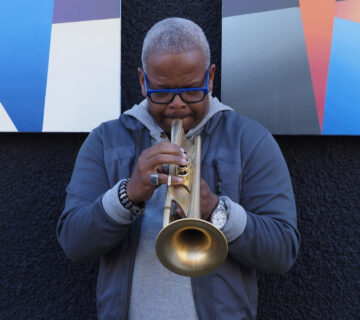
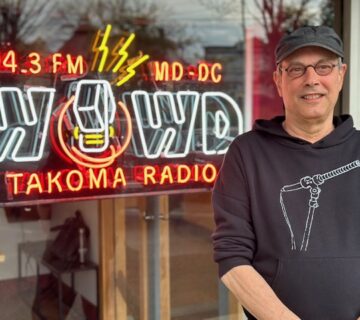
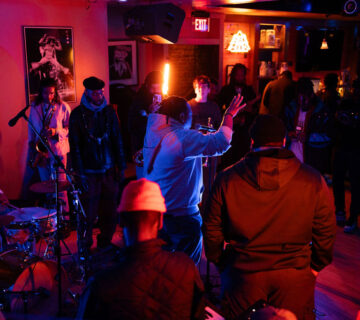
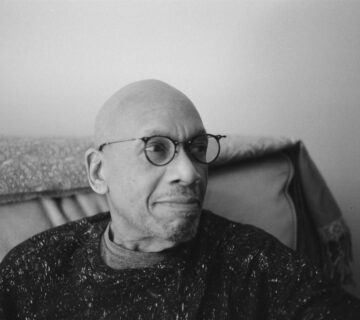
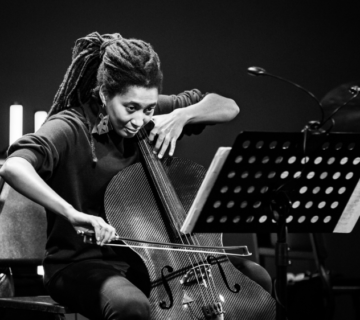
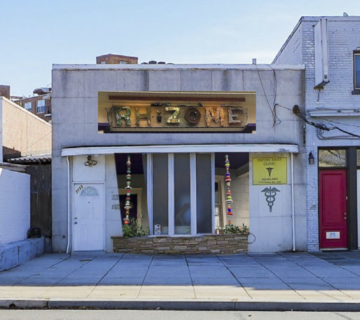
[…] bop club to announce its disappearance from the U Street corridor in recent months. (Café Nema closed its doors in […]
[…] king” of D.C. jazz clubs. The loss of U Street institution Café Nema, for example, pleased no one. Meanwhile, HR-57‘s move from 14th Street NW to H Street NE roiled some, but excited others. […]
[…] getting harder to find the “real thing” in D.C.; some of the city’s most important jazz mainstays have been forced to close in recent years, and artists are having a tough time finding places to […]